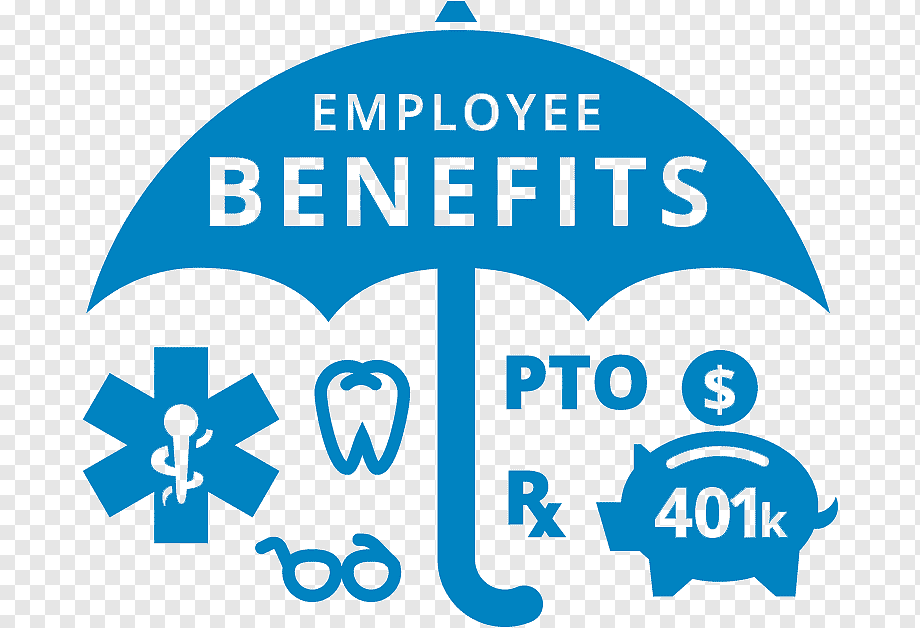How do employer contributions benefit the employee, also known as perks or fringe benefits, are provided to employees over and above salaries and wages. These How do employer contributions benefit the employee packages may include overtime, medical insurance, vacation, profit sharing, and retirement benefits, to name just a few.
How do employer contributions benefit the employee cover the indirect pay of your workforce. This can be health insurance, stock options, or any myriad of things offered to employees.
Check Official Sites Below for How do employer contributions benefit the employee
Know about Employer’s Contribution to NPS
On the other hand, an employer’s contribution to NPS above 10% is a perk under the head salary and taxed if you belong to the private sector. Example: If your basic pay is Rs.9 Lac per annum, the NPS employer contribution is Rs. 1.26 Lac (14% of pay) for the government employee and Rs.0.90 Lac (10% of pay) for the private sector employee. You can thus claim …
Employee Benefits Benchmarking: Employer Contributions …
https://www.zenefits.com/workest/employee-benefits-benchmarking-employer-contributions/
On the other hand, an employer’s contribution to NPS above 10% is a perk under the head salary and taxed if you belong to the private sector. Example: If your basic pay is Rs.9 Lac per annum, the NPS employer contribution is Rs. 1.26 Lac (14% of pay) for the government employee and Rs.0.90 Lac (10% of pay) for the private sector employee. You can thus claim …
FAQ how do employer contributions benefit the employee
[sc_fs_multi_faq headline-0=”h3″ question-0=”What is an employer’s contribution to an employee’s benefits? ” answer-0=”An employer making contributions to the worker’s employment benefits according to hours worked, or as a percentage of the worker’s net income, bases the contributions on the regular work week as defined in the collective agreement.” image-0=”” headline-1=”h3″ question-1=”How does an employer contribution to a 401k work? ” answer-1=”How Does an Employer Contribution to a 401k Work? Employer contributions, also known as employer matching, are the primary benefit of a 401k for employees. Workers typically choose to enroll in a 401k instead of another retirement option because matching is only allowed through an employer-sponsored 401k.” image-1=”” headline-2=”h3″ question-2=”How do employers choose the right benefits for their employees? ” answer-2=”Also, some employers pay attention to the demographics of their employee base to give everyone the benefits they need most based on their characteristics. For example, in order to retain and engage millennials, businesses may offer them benefits such as student loan repayment support and co-sign support for auto loans.” image-2=”” headline-3=”h3″ question-3=”How much should an employer contribute to a health insurance plan? ” answer-3=”For employers whose companies have more than 500 employees, the average contribution for a single employee is $500, and for employees with family, the average contribution is $1,000. What Is a Health Reimbursement Arrangement (HRA)?” image-3=”” html=”true” css_class=””]
